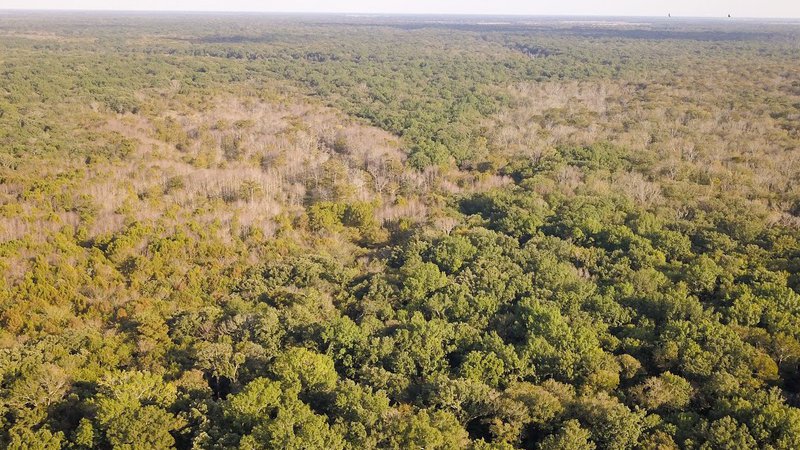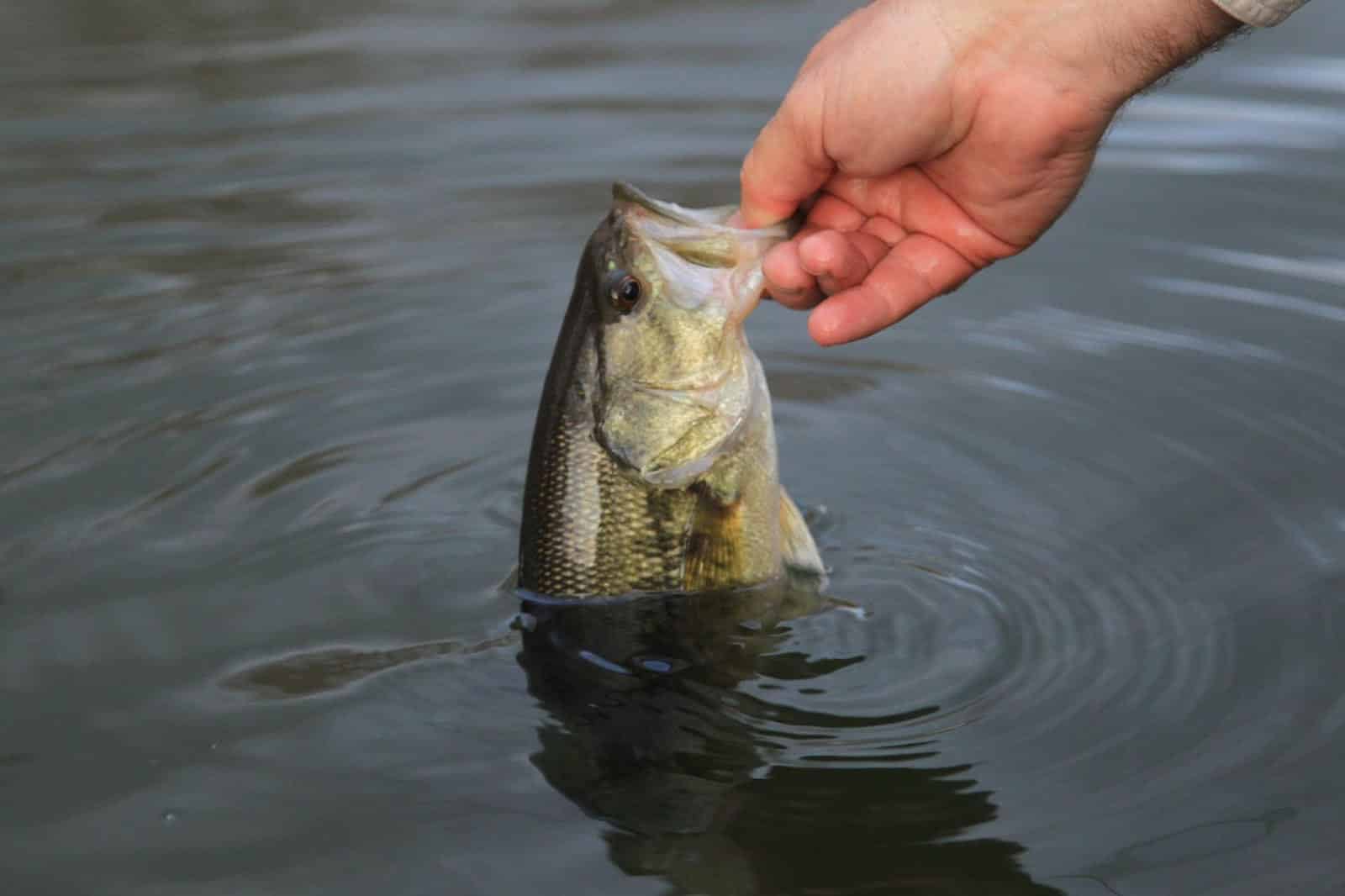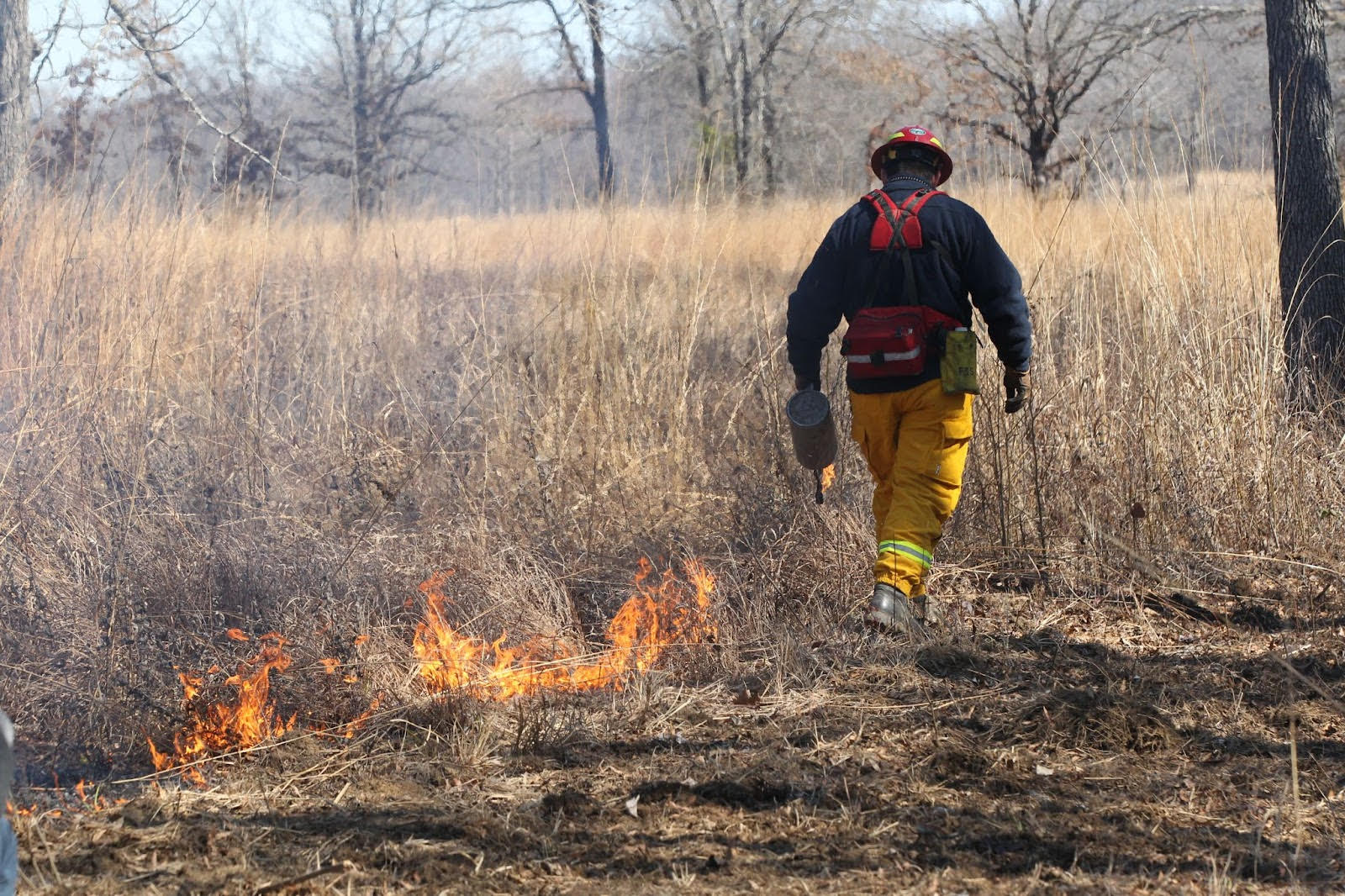Public meetings to focus on dying bottomland hardwoods at Henry Gray Hurricane Lake WMA
ON 10-26-2018

Oct. 26, 2018
Randy Zellers
Assistant Chief of Communications
BALD KNOB – Roughly 212 acres of hardwood trees on Henry Gray Hurricane Lake Wildlife Management Area have died within the last few months and another 800 acres are showing signs of severe stress. This area within the WMA’s south greentree reservoir is an important habitat component for wintering waterfowl and a popular area with duck hunters searching for flooded hardwood hunting in Arkansas.
The Arkansas Game and Fish Commission will hold special public meetings at 7 p.m., Nov. 1 at Searcy High School Cafeteria in Searcy and at 7 p.m., Nov. 8 at Forrest L. Wood Crowley’s Ridge Nature Center in Jonesboro to discuss the most recent developments and future plans for the impacted area.
During spring, the trees on the impacted portion of the WMA sprouted green leaves like normal. However, in the last three months many succumbed to the cumulative effects of many years of flooding during the growing season. The death of this area was confirmed by aerial footage taken at the request of AGFC staff after on-the-ground forest health assessments indicated the mortality.
As a result of the most recent information regarding the die-off and poor condition of the remaining trees, the AGFC plans to keep all water-control structures on the south greentree reservoir open this year and discontinue their use into the foreseeable future. Brad Carner, AGFC chief of wildlife management, says the use of the south greentree reservoir on the area likely will be disbanded for at least the next decade as changes can be made to establish the next generation of beneficial oaks.
With waterfowl season only three weeks away, these measures have the potential to impact some hunters who frequent this area, and staff at the AGFC understands that this announcement comes at a time when many people are making plans for duck season, but these extreme measures cannot be avoided.
The area will not close to duck hunting, and leaving the gates open doesn’t necessarily mean flooding won’t continue, it will be up to rainfall and river levels and will not be under any control by the AGFC.
“When the water gets high on the White River during duck season, the water’s going to get in the GTR and ducks will be there,” said Garrick Dugger, AGFC assistant chief of wildlife management. “This WMA really never sees much hunting effort until the river is high enough to flood the area naturally anyway.”
During forest health assessments in 2007, the greentree reservoirs (GTRs) at Hurricane Lake WMA were among the healthiest of all such seasonally flooded hardwoods owned by the AGFC. Seven years later, similar forest health assessments showed a significant decline.
“In our 2014 assessments, more than 40 percent of the trees in both greentree reservoirs on the WMA were in serious distress,” said Rob Willey, habitat program coordinator for the AGFC. “Many of the remaining trees in those GTRs showed some sign of damage from flooding. Forest health assessments performed in 2018 indicate an accelerated rate of decline.”
The area, which is flooded by the adjacent White River, has seen much higher water levels during the growing season in the last 11 years.
From 2012 to 2017 water has topped 24 feet regularly at the U.S. Geological Survey gauge on the White River at Augusta. At approximately this level, the water inundates trees at Hurricane Lake WMA.
According to Dugger, 10 of the top 25 historical crests of the river at Augusta have occurred in the last 11 years.
“In 2015, the river never dropped below 24 feet from March until October,” Dugger said. “2017 was almost as bad with water in the trees well into late summer.”
AGFC staff took action in 2016 to offer the area some relief by postponing any controlled flooding for waterfowl habitat until Nov. 15. The same action was taken in winter of 2017. However, uncontrolled flooding of the area during the growing season from high river levels continued.
Another area where gates will remain open during the next few wintering periods will be Mud Slough GTR on Sheffield Nelson Dagmar WMA, but the reason for this change is different.
Selective tree removal within Mud Slough GTR were conducted in 2016, and recent forest inventory assessments indicate an extremely good response from the red oak species within the thinned area. Up to 600 Nuttall oak seedlings per acre were documented, which are highly preferred for waterfowl as well as deer, squirrels and other wildlife. The selective cuts helped establish these saplings through increased sunlight on the forest floor, and managers want to take advantage of the success.
“We’ve seen an impressive amount of two-year-old saplings in the newly opened area, which represents the next generation of forest we are trying to establish through the cutting,” Willey said. “These oaks are at a critical time in their life cycle where they can’t survive being submerged by stagnant water for extended periods of time.”
Dugger says the gates to the GTR will be left open to give these young trees an opportunity to grow large enough to survive seasonal flooding and provide the cover and food to draw waterfowl when the trees comprising the existing forest canopy have grown old and unproductive.
“The GTR will still flood naturally, but we won’t intentionally hold the water on the WMA during cold weather this year,” Dugger said. “We have to manage for the long-term to ensure ducks continue to come to these places so our children and grandchildren can enjoy the sort of hunting we’ve had in Arkansas for the last 50 years.”
The meetings also will be streamed live on the AGFC’s YouTube channel at https://www.youtube.com/user/ArkansasGameandFish.
Recent News

Summer heat means more catch and keep
Jul. 3, 2025
Subscribe to Our Weekly Newsletter E-mails
Don’t miss another issue. Sign up now to receive the AGFC Wildlife Weekly Newsletter in your mailbox every Wednesday afternoon (Waterfowl Reports are published weekly during waterfowl season and periodically outside the season). Fishing Reports arrive on Thursdays. Fill in the following fields and hit submit. Thanks, and welcome!

